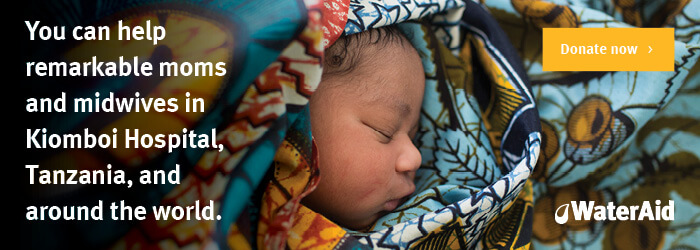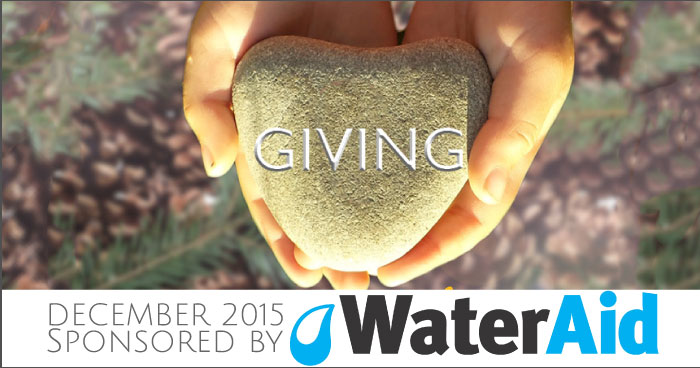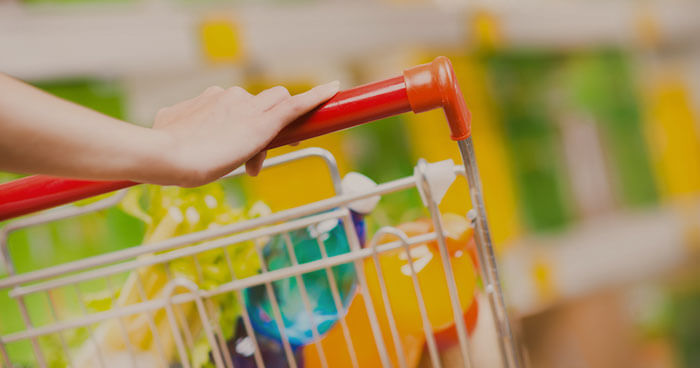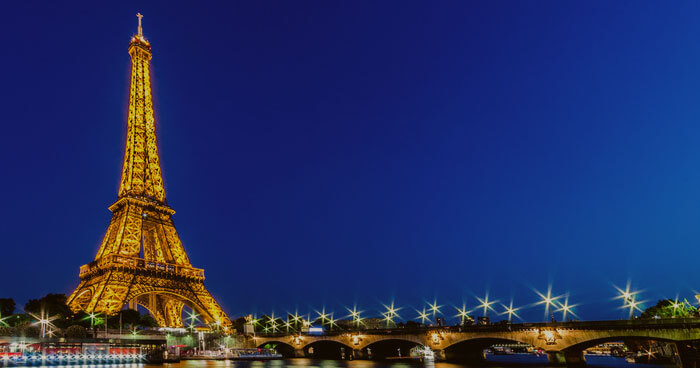Why We Say “Giving Birth”

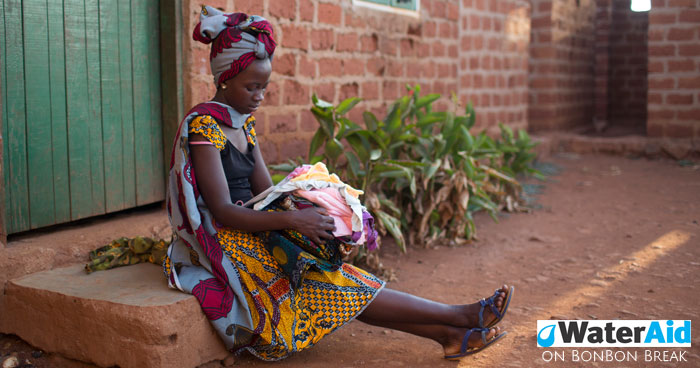
My 5-year old started us off with things to be thankful for this Thanksgiving. Her list included her mama and papa, her little sister, her friends, her school, the earth and herself.
Of course, she and her sister were top of my list too, they always are. And as we transitioned from our reflections on gratitude to our reflections on giving, I found myself thinking about my daughters, and why we call childbirth, giving birth. Is it because in the act of bearing a child we’re giving life itself, the most precious gift of all? What happens when you give birth but you can’t give life?
Perhaps that’s why WaterAid’s campaign to reach 130,000 new moms and their families worldwide with lifesaving water this winter hits particularly close to home for me.
When I gave birth, and life, to my two precious daughters, I didn’t have to carry water with me to the hospital while in the throes of labor. I didn’t have to worry about where I would find a private place to relieve myself, or wash. I didn’t worry that the nurses and staff might not have had soap and water to wash their hands, or whether the sheets were clean. And while, like all new mothers, I had worries, I am so grateful that the basic necessities for a safe birth were not among them.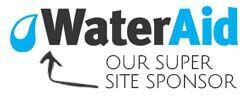
That millions of moms around the world today are not able to give thanks for the same peace of mind is not lost on me. Take Kiomboi Hospital in Tanzania, for example. It’s a place where families are made, children are born, and where moms, midwives and doctors give life. Except when they can’t. Because although up to 30 women give birth here every day, Kiomboi only has running water for one hour a day. All too often, through no fault of their own, life isn’t given, it is taken away – before it has barely begun. In fact, worldwide, a newborn baby dies every single minute from infection caused by a lack of safe water and an unclean environment.
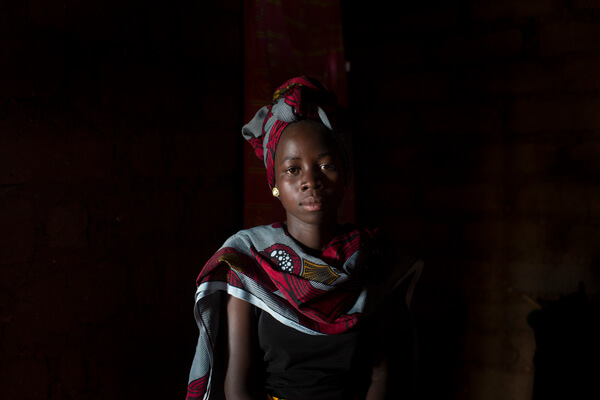
A portrait of Hadija at home/ WaterAid America
Hadija is one of the women who gave birth at Kiomboi. According to a tradition where new mothers in Tanzania take on the name of their first child, she should be known as Mama Kefas. But Baby Kefas did not survive his first few days. Though his birth was straightforward, he lost his life just days later to an infection often caused by washing with dirty water. For mothers like Hadija who live without clean water, there is no choice: you either wash with dirty water or you do not wash at all. I simply can’t imagine how this feels.
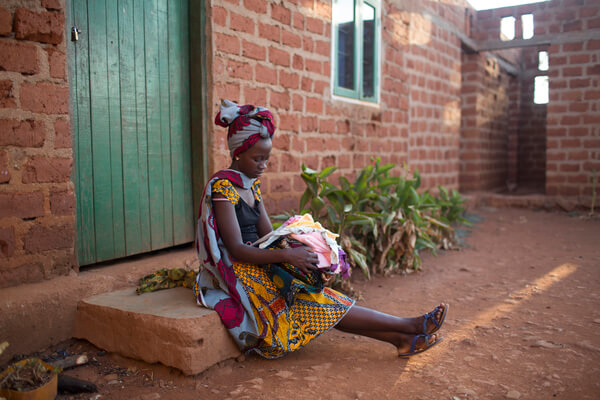
Hadija with her baby’s things outside her uncle’s house. / WaterAid America
That’s why water, sanitation and hygiene are top of my ‘give’ list. I am so grateful to know that I can do something about preventable tragedies like Hadija’s by giving another mama the best possible chance of giving life when she gives birth. This holiday season, please join me. Put the gift of clean water, the gift of life, on your give list too.
 Listen to Val Curtis interview WaterAid’s CEO, Sarina Prabasi, on STITCHER – LIBSYN or iTunes
Listen to Val Curtis interview WaterAid’s CEO, Sarina Prabasi, on STITCHER – LIBSYN or iTunes

